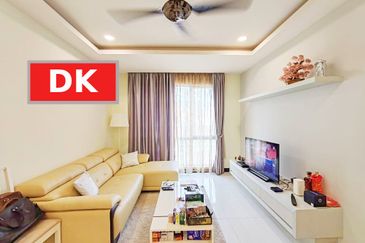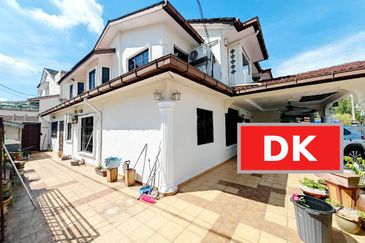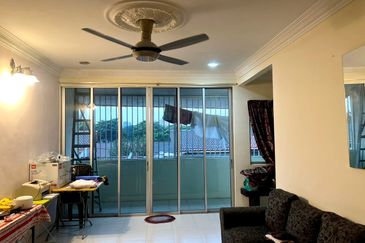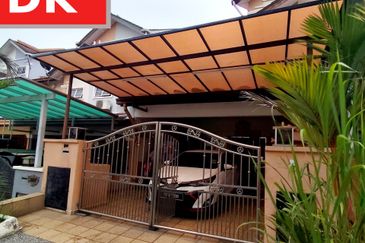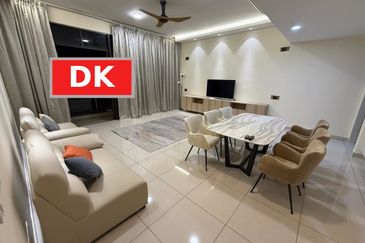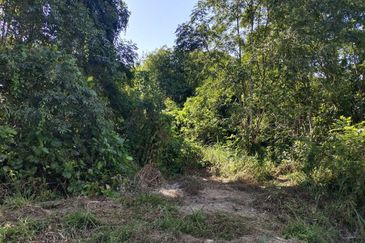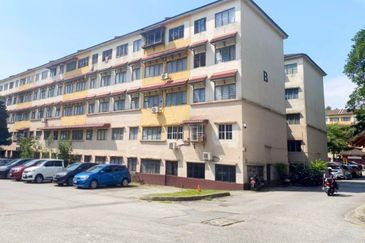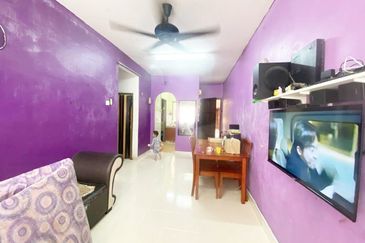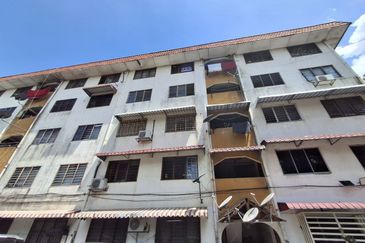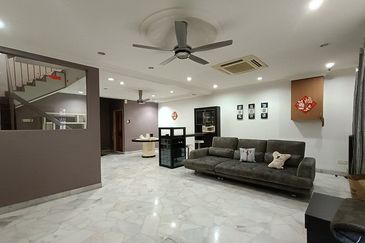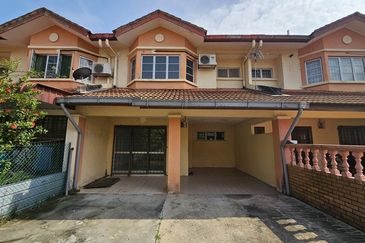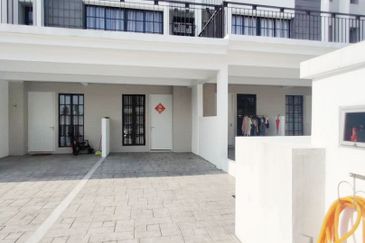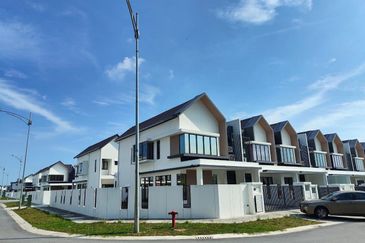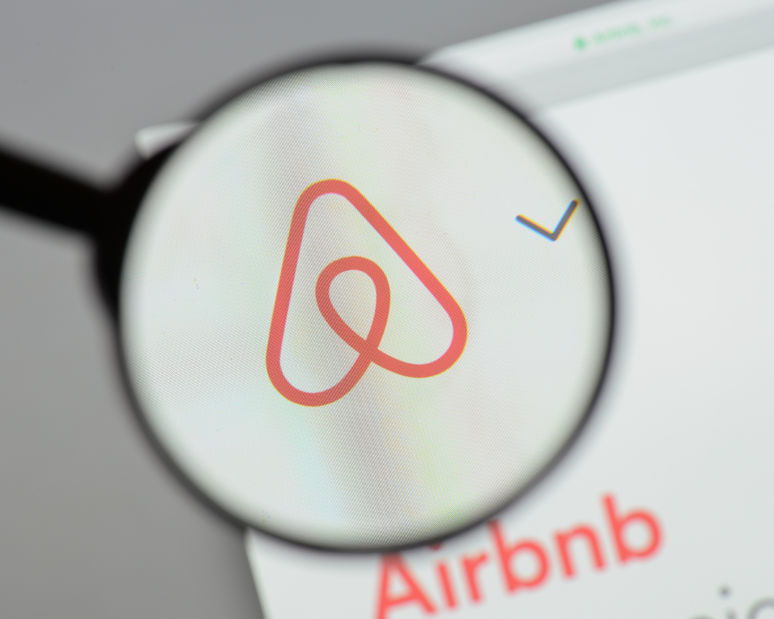
- Domestic travel demand remained a key growth driver, with Malaysians making up 67% of Airbnb guests in 2024, surpassing pre-pandemic levels recorded in 2019. International guests accounted for 33% of Airbnb stays, more than double the 2022 figure, with over 80% of these visitors coming from the Asia-Pacific region.
KUALA LUMPUR (Aug 7): Airbnb activity contributed RM9.2 billion to Malaysia’s gross domestic product (GDP) in 2024, equivalent to 5% of the tourism sector’s overall contribution, according to a press statement on Thursday.
The findings were published in a new study by Oxford Economics, commissioned by Airbnb.
The report estimates that Airbnb helped support 93,600 jobs across the country and contributed RM2.1 billion in total wage income.
Domestic travel demand remained a key growth driver, with Malaysians making up 67% of Airbnb guests in 2024, surpassing pre-pandemic levels recorded in 2019. International guests accounted for 33% of Airbnb stays, more than double the 2022 figure, with over 80% of these visitors coming from the Asia-Pacific region.
Total Airbnb guest spending reached RM11 billion in 2024, including both accommodation and non-accommodation expenditure. Guests spent an average of RM640 per day on items such as dining, transport and shopping. Spending was distributed across sectors, with RM290 out of every RM1,000 going to restaurants and shopping, RM160 to arts and entertainment, RM110 to groceries, and RM140 to transport.
Airbnb activity contributed RM1.4 billion to the manufacturing sector, RM1.2 billion each to transport and food-and-beverage services, and RM1 billion to wholesale and retail trade.
It supported around 37,200 jobs in food and beverage, 13,400 in wholesale and retail, 10,300 in transport and storage, and 9,700 in arts and entertainment.
Wages generated by this activity included RM376 million in food and beverage, RM332 million in manufacturing, and RM281 million in transport and storage.
More than half of Airbnb guest spending occurred outside Kuala Lumpur and Selangor, with a 68% increase in non-urban accommodation spending compared with 2019.
Locations outside these two states accounted for 62% of Airbnb’s total GDP contribution, and supported 63,500 jobs and RM1.3 billion in wages.
“Airbnb is driving Malaysia’s travel revolution, unlocking the untapped potential of rural destinations far beyond the usual tourist hotspots,” said James Lambert, director of Economic Consulting Asia for Oxford Economics.
“With more than half of our stays happening outside the major cities of Kuala Lumpur and Selangor, Airbnb is helping spread the economic benefits to more communities in Malaysia,” said Mich Goh, Airbnb director of Public Policy for Asia-Pacific.
Does Malaysia have what it takes to become a Blue Zone, marked by health and longevity? Download a copy of EdgeProp’s Blueprint for Wellness to check out townships that are paving the path towards that.
TOP PICKS BY EDGEPROP
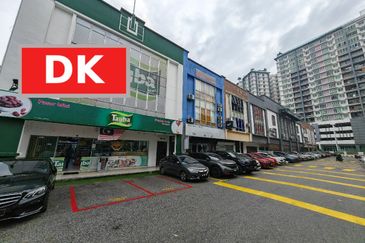
Taman Ampang Hilir
Ampang Hilir, Kuala Lumpur
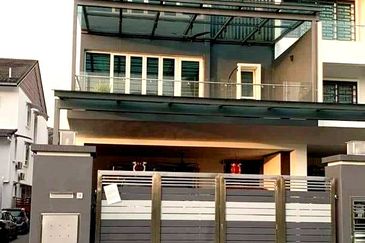
Taman Taming Indah 2
Bandar Sungai Long, Selangor
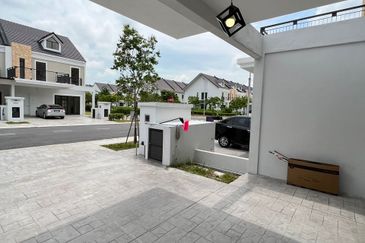
Monet Springtime @ Sunsuria City
Dengkil, Selangor
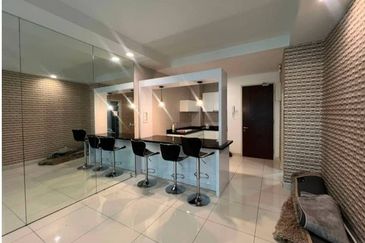
Central Residence, Sungai Besi
Salak Selatan, Kuala Lumpur
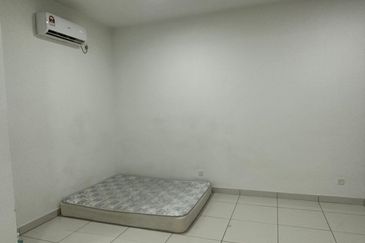
Kiara Plaza Service Apartment @ Semenyih
Semenyih, Selangor
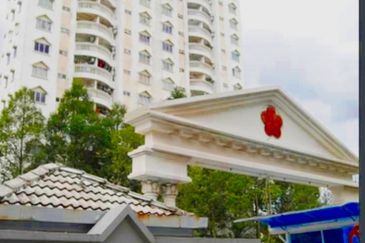
Endah Villa Condominium
Bandar Baru Sri Petaling, Kuala Lumpur
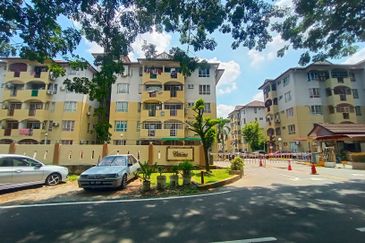
Cemara Apartment @ Taman Kajang Utama
Kajang, Selangor

.jpg?4CjoVxShXkpBIdSi209pUytpwkZNqceD)
